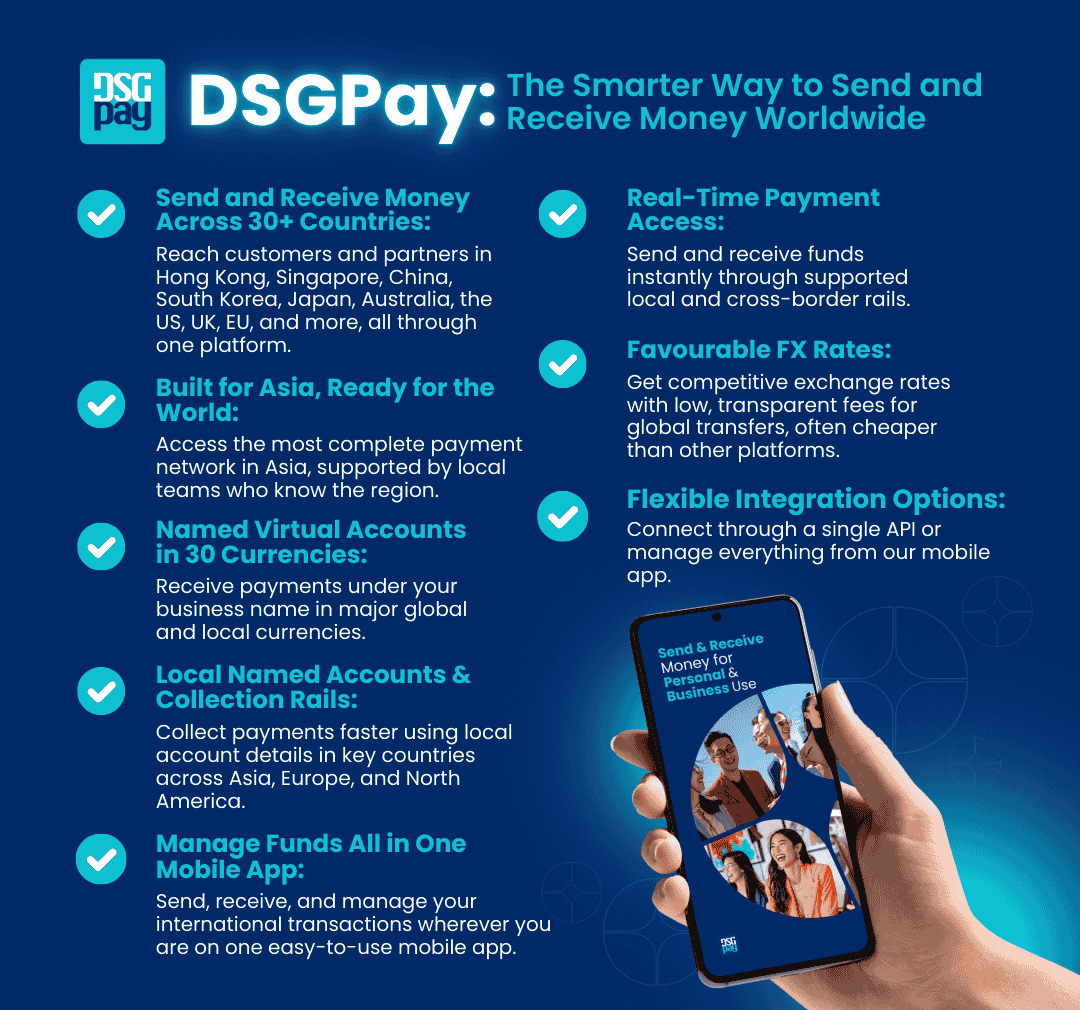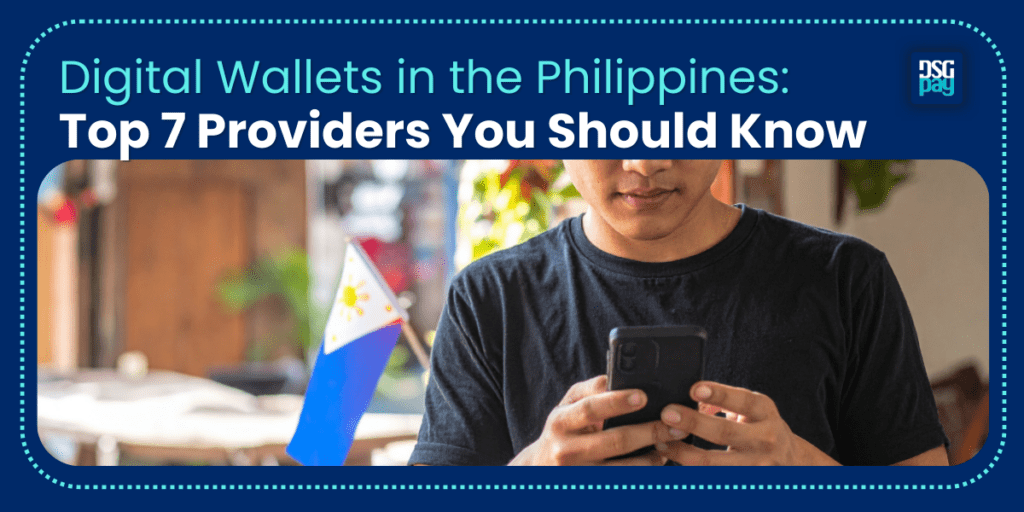Opening a business in Korea looks like a dream. You see a $1.87 trillion economy in 2025, tech giants like Samsung and Hyundai, and 39 million digital-first consumers with disposable income. Add government incentives and world-class infrastructure, and the opportunity feels too good to pass up.
The challenge comes when you try to open a business in Korea. Visas, investment rules, cultural hurdles, and complex paperwork can make the process feel impossible.
That is why this guide exists. We break down the steps, costs, pros and cons, and timelines so you can see that launching in Korea is not out of reach. With the right roadmap, it is achievable.
Table of Contents
Key Takeaways:
- South Korea, the 4th largest economy in Asia, offers multiple entry routes for foreigners, such as FDI companies, local corporations, branches, or liaison offices.
- The set-up process requires the right visa, corporate registration through the courts, tax office approval, and meeting capital requirements.
- Costs include government fees, capital deposits, payroll contributions, and ongoing corporate taxes.
- Timelines vary, with around 4 to 8 weeks for FDI corporations and as little as 2 weeks for branch or liaison offices.
- Foreign businesses can simplify cross-border payments by using virtual accounts that offer lower fees, faster transfers, and multi-currency support.
How to Open a Business in Korea as a Foreigner
Step 1: Choose Your Business Structure
Your first real decision when opening a business in Korea is the legal structure. This choice sets the rules for your investment size, your liability, the benefits you qualify for, and the speed of your market entry.
Below are the four main structures available to foreign entrepreneurs.
1. Foreign-Invested Company (FDI Company)
A locally incorporated company recognised under the Foreign Investment Promotion Act and treated as a fully domestic corporation, independent from your parent entity. It can be set up as a stock company, limited company, LLC, or partnership.
Minimum investment: At least KRW 100 million (about USD 72,500) with 10% or more of voting shares, or appointment of an executive.
Benefits: Strong legal protection, access to tax incentives, and the ability to operate in almost any sector.
Best for: Investors who want a serious long-term base in Korea and the full suite of government-backed advantages.
2. Local Corporation (Non-FDI)
A domestic company under the Korean Commercial Code that does not meet FDI thresholds.
Minimum investment: No minimum capital required.
Benefits: Grants full rights of a domestic company without the heavy initial investment.
Forms: Commonly structured as a Joint Stock Company (Jusik Hoesa) or a Limited Liability Company (Yuhan Hoesa).
Best for: Small and medium ventures looking to test the waters before committing big capital.
3. Branch Office
An extension of your foreign parent company that can engage in profit-making activities in Korea.
Minimum investment: No capital requirement.
Benefits: Lets you trade and generate revenue while staying tied to your global HQ.
Requirements: Must be registered with the district court and the tax office under the Foreign Exchange Transaction Act.
Best for: Companies that want to expand operations quickly without setting up a separate corporation.
4. Liaison Office
A simple setup that allows you to research, promote, or manage communications in Korea, but not make sales. It is limited to non-commercial functions and cannot issue invoices.
Minimum investment: No capital requirement.
Benefits: Low-risk and cost-effective way to establish an initial footprint.
Best for: Businesses exploring the Korean market before going all in.
Quick takeaway: If you want maximum incentives, go with an FDI company. If you’re testing the market, a local corporation is the leaner route. If you want a fast entry under your HQ, open a branch. If you just need a presence for research, a liaison office is enough.
Step 2: Secure the Right Visa
Once you have chosen your business structure, the next hurdle is securing the right visa. You cannot legally open a business in Korea without one. After your visa is granted and you arrive in Korea, you must apply for an Alien Registration Card (ARC) within 90 days.
The ARC functions as your local ID and is required for opening bank accounts, signing leases, and other legal processes. The visa you apply for must align with the type of business you plan to run.

Here are the main options:
| Visa Type | Who It’s For | Key Requirements | Best For |
| D-8-4 (Technology and Startup Visa) | Entrepreneurs launching innovative ventures | Bachelor’s degree or proven expertise; often linked to the OASIS startup programme | Startups in IT, biotech, advanced manufacturing, or other high-growth industries |
| D-8-1 (Corporate Investment Visa) | Investors establishing an FDI company | Minimum ₩100 million investment, hold at least a 10% ownership stake | Long-term presence with strong legal and tax benefits |
| D-9 (Trade Management Visa) | Entrepreneurs in import/export | No fixed investment, but must show a trade-focused business model | Businesses trading goods, raw materials, or equipment across borders |
| D-7 (Intra-Company Transfer Visa) | Foreign companies sending staff to Korea | Proof of employment at the parent company; transfer arrangement | Branch offices needing senior staff to manage or oversee operations |
Step 3: Gather Documents
To make your company official in Korea, you’ll need to prepare the right documents, register with multiple authorities, and tick off a list of legal requirements.
Here is how it breaks down.
- Identification: Passport, Alien Registration Card (ARC), or another form of valid ID.
- Business plan: A real plan with objectives, strategy, and financial projections — not just a pitch deck.
- Articles of Incorporation: The legal backbone of your company.
- Proof of capital: A bank statement or capital deposit certificate that shows you have the required funds.
- Foreign Investment Notification Certificate: Issued by a Foreign Exchange Bank to confirm your capital is recognised as foreign investment.
- Corporate resolution: For corporate investors, a formal resolution approving the new entity and appointing a representative.
- Registered office address: A verified address in Korea. A virtual office can work if you are not leasing space yet.
Things to keep in mind:
- Visa requirements: Make sure your visa matches your business activity. The D-8 Entrepreneur Visa is the most common path.
- Local expertise helps: Rules shift and documents can get lost in translation. Working with a local lawyer or accountant saves time and avoids costly mistakes.
Step 4: Finalise Your Setup
Once your company is legally registered, the final step is making it operational. This is where you move beyond paperwork and actually get ready to run your business. Banking, taxes, payroll, and compliance all need to be set up before you can properly launch.
1. Open a corporate bank account
You will need to set up a corporate account at a foreign exchange bank. Be strategic, because once you open your first account, you cannot open a second one at another bank for 20 business days.
Most banks will ask for:
- Certificate of incorporation and business licence
- Certificate of corporate seal impression and the seal itself
- Shareholder list and representative’s passport
- Any bank-issued capital deposit certificates
2. Transfer your funds
Move capital from the temporary escrow account into your new corporate account. Banks will issue confirmation certificates, which should be stored with your company records. Always ensure remittances are marked as foreign investment.
3. Set up tax operations
Register with the National Tax Service (NTS) if you haven’t already, and activate your account in the Hometax system.
Two things to do right away:
- Apply for your Business Registration Certificate and Tax Identification Number (TIN).
- Get a digital certificate so you can issue electronic tax invoices, which are mandatory once annual sales cross the reporting threshold.
4. Hire employees and manage visas
If you are bringing in foreign staff, check their visa categories. A D-8 founder’s visa does not automatically cover employees, so you may need to sponsor them under other categories, such as D-7 or D-9.
For local hires, ensure contracts and registrations meet Korean labour law standards.
5. Register for the four major insurances
Every company in Korea must enrol both itself and its employees into the four mandatory schemes:
- Employment Insurance
- Industrial Accident Compensation Insurance
- National Pension
- National Health Insurance (which also collects long-term care contributions)
6. Lock in payroll and reporting
Set up payroll withholding so you can remit income tax and social contributions each month. Most foreign-invested companies outsource this to a local accountant to avoid missed deadlines and penalties.
7. Get professional support
Laws and requirements change, and translation errors are common. Local CPAs and law firms can take over banking, payroll, invoicing, and licensing, so you can focus on growing instead of filling out forms.
What is the Cost of Starting a Business in Korea?
Opening a business in Korea is not free, but most of the costs are predictable.
Here’s what to expect:
| Cost Area | Typical Amount | Details |
| Minimum capital | KRW 100M (~USD 72,500) | Required for FDI company recognition |
| Incorporation fees | KRW 4.9M (~USD 3,000–4,300) | Government registration |
| Notarisation fees | KRW 80,000 – 200,000 | For Articles of Incorporation |
| Legal/professional fees | Around KRW 1M–3M | Lawyers, accountants, registration support |
| Bank account setup | Free (corporate account) | Required for capital deposit |
| Office deposit | 10–12 months’ rent | Largest setup cost in practice |
| Visa fees | USD 40–60 | D-8 investor visa is often exempt from extras |
| ARC fees | KRW 35,000 (~USD 27) | Application for Alien Registration Card |
Budget Guide: Plan for at least KRW 1.5 million in government fees if registering in Seoul, KRW 100 million in capital for FDI eligibility, plus a large office deposit and payroll contributions once you start hiring.

How Much Time Does It Take to Open a Business in Korea?
When you open a business in Korea as a foreigner, the timeline depends heavily on the structure you choose.
A full foreign-invested corporation is the most complex option and typically takes 4 to 8 weeks to complete, since it involves notifying the Foreign Exchange Bank, remitting capital, registering with the court, and completing both business and tax registration.
If speed is your priority, simpler setups like a branch or liaison office can usually be registered in about 2 weeks, with fewer steps required.
Beyond incorporation, opening a corporate bank account adds another 3 to 4 weeks, as banks require all registration documents and can be strict with approvals. The process can stretch further if you factor in securing a D-8 investor visa, so planning ahead is essential.
Pros and Cons of Starting a Business in Korea
Opening a business in Korea can be rewarding, but it comes with both advantages and challenges.
Here is a clear breakdown.
| Pros | Cons |
| Thriving economy ranked among the top globally with stable industries | Complex paperwork with multiple stages of documentation and approvals |
| Tech-savvy consumers with high literacy and strong disposable incomes | Cultural barriers with hierarchy, seniority, and language challenges |
| Government support through tax breaks, grants, and startup incubators | Legal rigidities where requirements vary and missed steps cause delays |
| World-class infrastructure with fast internet, transport, and logistics | Intense competition in saturated sectors such as tech and e-commerce |
| Strategic location as a gateway to China, Japan, and East Asia | Digital ecosystem dominated by Naver and Kakao rather than Google or Facebook |
Conclusion
Opening a business in Korea is not only about choosing the right structure or securing the right visa; it is about committing to a market that rewards preparation and persistence.
Once the paperwork is complete, the real work begins in running operations, managing payroll, and moving money across borders. For foreign entrepreneurs, solutions like virtual accounts can simplify global transfers and reduce financial friction, keeping your focus on growth.
With the right roadmap, the challenges of launching in Korea turn into opportunities for long-term success.
Manage Your Business Payments in Korea with DSGPay
Setting up your company in Korea is only the first step. Once you open a business in Korea, you’ll need a reliable way to handle payments and payroll.
DSGPay provides secure virtual accounts that simplify collections and payouts, keeping your operations running smoothly.

How DSGPay Supports Your Business in Korea:
- Collect KRW Like a Local: Get paid by Korean clients or transfer money into Korea with ease. Your DSGPay account works just like a Korean bank account, only faster and more flexible.
- Open a KRW Account in Your Own Name: You can get a locally named KRW virtual account with no need to visit Korea or deal with complicated bank paperwork.
- One Account, 30+ Currencies: Manage KRW alongside USD, EUR, GBP, HKD, SGD, and more, perfect for global suppliers and customers.
- Scalability: Whether you are a small startup testing the Seoul market or scaling exports into China and Japan, DSGPay adapts with you.
- Fast, Transparent Transfers: Real-time payments and clear FX rates mean no more hidden fees or delays.
- Foreigner-Friendly Setup: Skip the complex local banking process. DSGPay gives you straightforward onboarding built for non-Korean founders.
Start your business in Korea with confidence and let DSGPay handle the payments while you focus on building your growth story.




